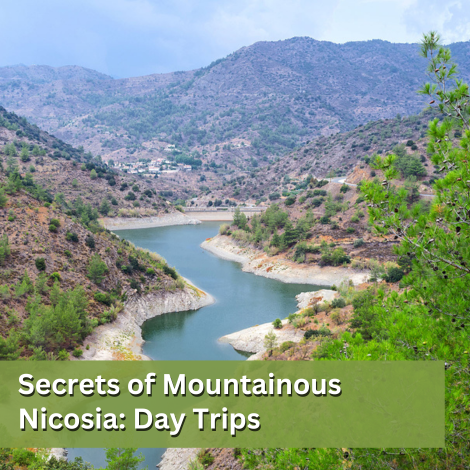What scientists say about Aloe Vera?
What are the real properties of this toxic plant?
In some articles they write about the properties of aloe vera and not the risks. Reading an article and watch a video about the "miraculous" aloe vera the next step to do is to look for the slightest leaf or ask a friend from where you can obtain the plant of aloe vera or buy creams and juices. But based on scientific publications this is a huge mistake because Aloe vera is not as innocent as we think. Some companies are also recommended to use it frequently, however we should not ... we should use aloe vera RIGHT and NOT OFTEN and with measure. The scientists say that they do not know the effects particularly for sure. This "herb of immortality" became famous throughout the world, giving hope and yet is said to treat the aids! But could the profit companies take advantage and dazzle us with lies because there is no real scientific evidence of what exactly makes the aloe vera in our body;
Before reading my article I want you to know that if you use aloe as a medicine, you should consult your doctor or therapist. Aloe should not be consumed during pregnancy and in period because aloin or otherwise resin can cause muscle contractions in the uterus. Also not consumed if you have hemorrhoids or degeneration of the liver and gallbladder.
Remember that this is a very strong herb and should not be used often. Long-term use can cause problems. In general, the aloe vera plant is safe IF PROPERLY UTILIZED.
With a few simple tips you can watch my video here to see how to cut the leaves of the aloe vera plant in pots and can get the gel from leaf properly.
Let's read what the scientists say.
- Many companies advertise the Aloe Vera extracts that soothes, hydrates and heals the skin and is safe. This is a MYTH. And there are no particular scientific evidence of their effectiveness or for cosmetic or pharmaceutical purposes.
- Topical application of aloe vera protects us from sunburn, burns, wound healing and second degree burns. This is a MYTH. This is not proven yet that offers protection to the skin. Studies have shown that it does not seem to prevent the radiation of the sun or the healing of the skin wound. Halfway experiments on wound healing accelerate the healing but the other half doubled the delay!
- Aloe Vera is considered safe for the use of a daily basis. This is INCORRECT. It has toxic properties and the excessive consumption in certain doses of aloe will have serious consequences in some people. Also for external use.
- The Aloin or otherwise the resin, does not affect our body and usable since ancient times. This is a MYTH. The Aloin - resin is a bitter, yellow-brown liquid that occurs when you cut a leaf of aloe. It has laxative properties and may cause stomach and intestinal disorders, diarrhea, abdominal cramps, skin irritation (not so significant side effects) and much, much more. From May 2002, the US FDA (U.S. Food and Drug Administration - FDA) has instructed not recognized as safe and effective laxative based Aloin.
- Aloe vera is safe to be used between anybody, as much as you want. This is WRONG especially for those who are using medications. You can interact with hydrocortisone, diuretics, anticoagulants and drugs for diabetes. Thus, it can, for example, improve the functioning of the pancreas, leading to necessary adjustment of the insulin dose, is well the diabetic to know this. Because of its laxative action, you can still throw the potassium levels in the blood and cause arrhythmias.
- Eat the gel directly after you clean it from the leaf. This is WRONG because, the resin is not beneficial . Must externalize the resin from the leaves and after about 45 minutes can be eaten. View the video here how to clean the resin from a leaf.
Properties of aloe
- The leaves of Aloe Vera have phytochemicals are ie components which produce the plant to protect yourself from bacteria, viruses, and fungi. These phytochemicals can protect humans from various diseases.
- Aloe Vera has a high content of Vitamins A, C, E, folic acid, choline, B1, B2, B3 (niacin), B6 and B12
- Has a high content of metals, calcium, magnesium, zinc, chromium, selenium, sodium, iron, potassium, copper, manganese.
- Aloe Vera is a well known adaptogen. Strengthens the natural ability and resist diseases. It also helps the digestive function.
- Absorb the toxins in the intestines.
- Usually our eating habits is acidic, aloe helps to balance, it is an alkaline food and alkalize the body.
- Strengthens the immune system. It has anti-aging effects when consumed.
- Oral hygiene: The juice of the aloe vera may help to visit the dentist less often, as it significantly improves gum health.
- Diabetes: In laboratory studies, the daily consumption of just half teaspoon of juice from aloe vera, a period of 14 weeks, can reduce blood sugar levels by 45%.
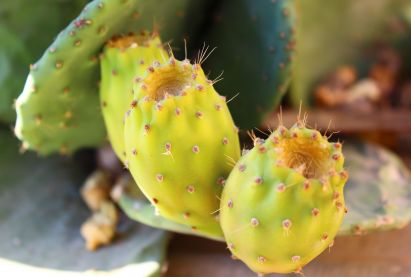
Want to lose weight? Learn the benefits of prickly pear?

 English
English
 Ελληνικά
Ελληνικά Русский
Русский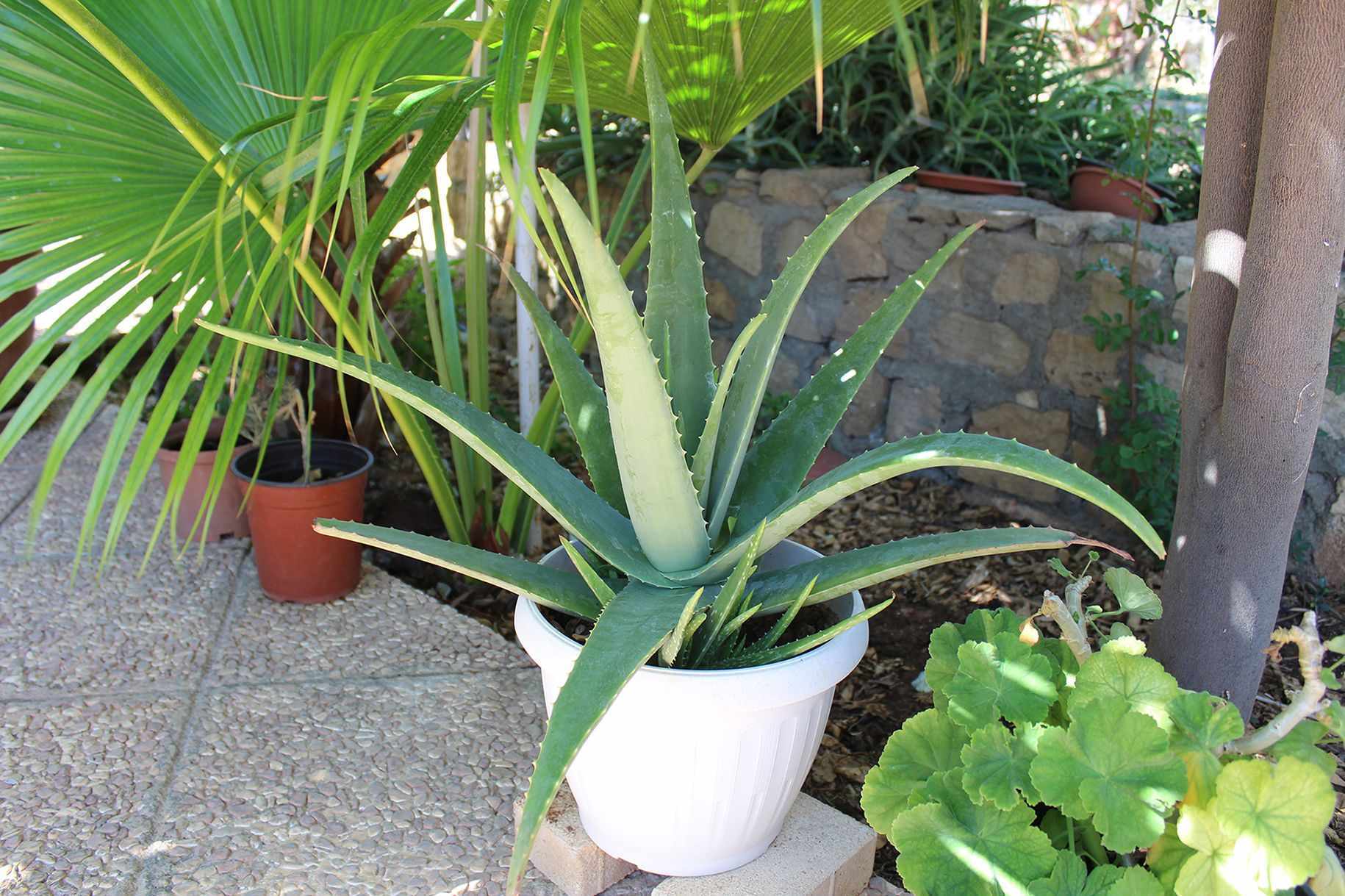
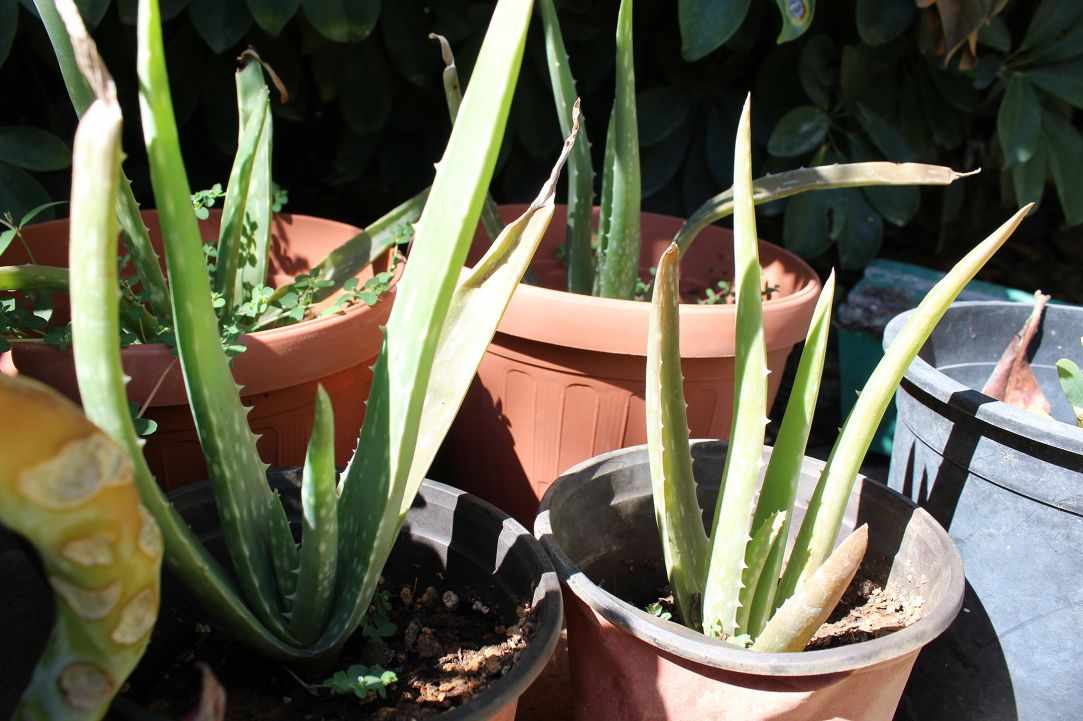
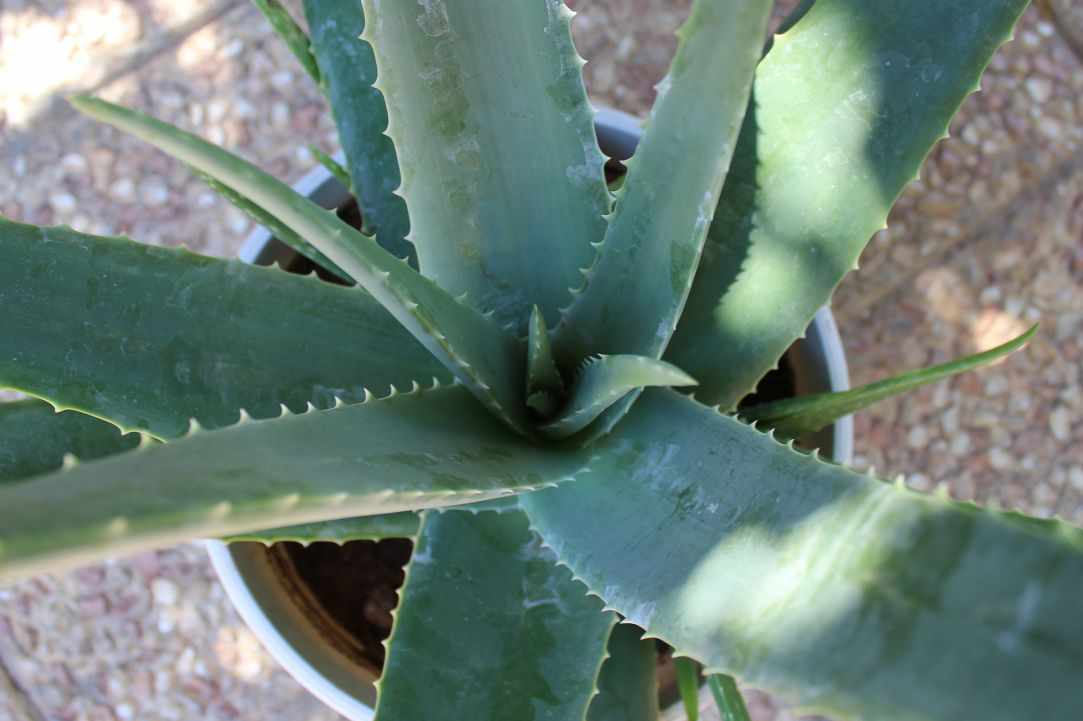
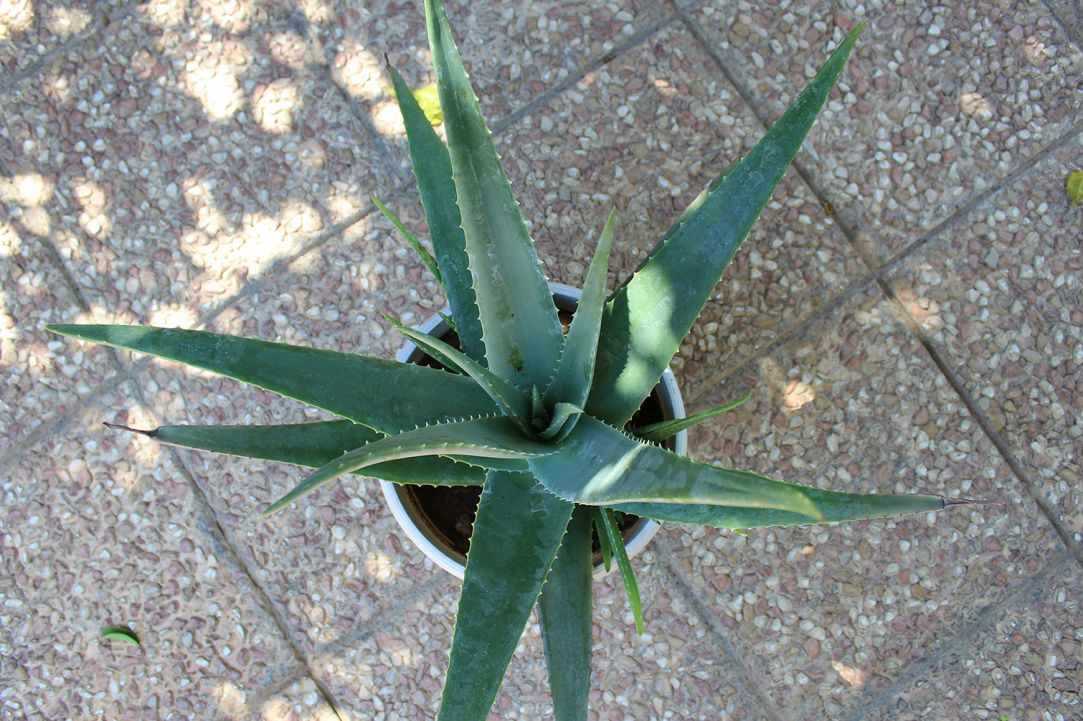
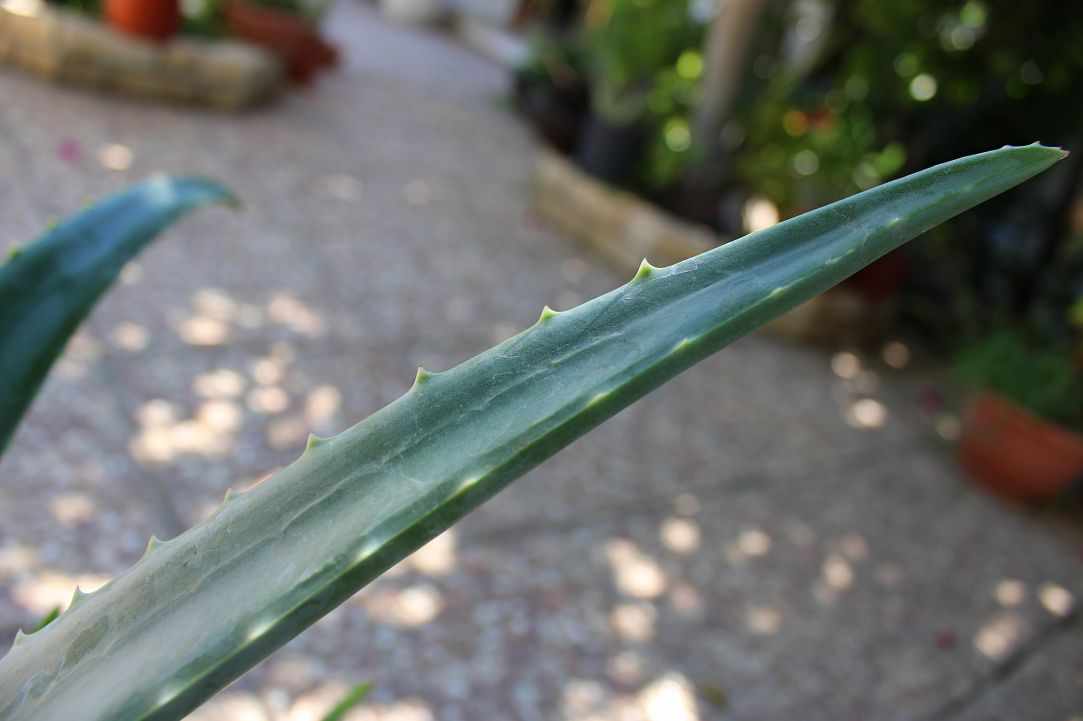
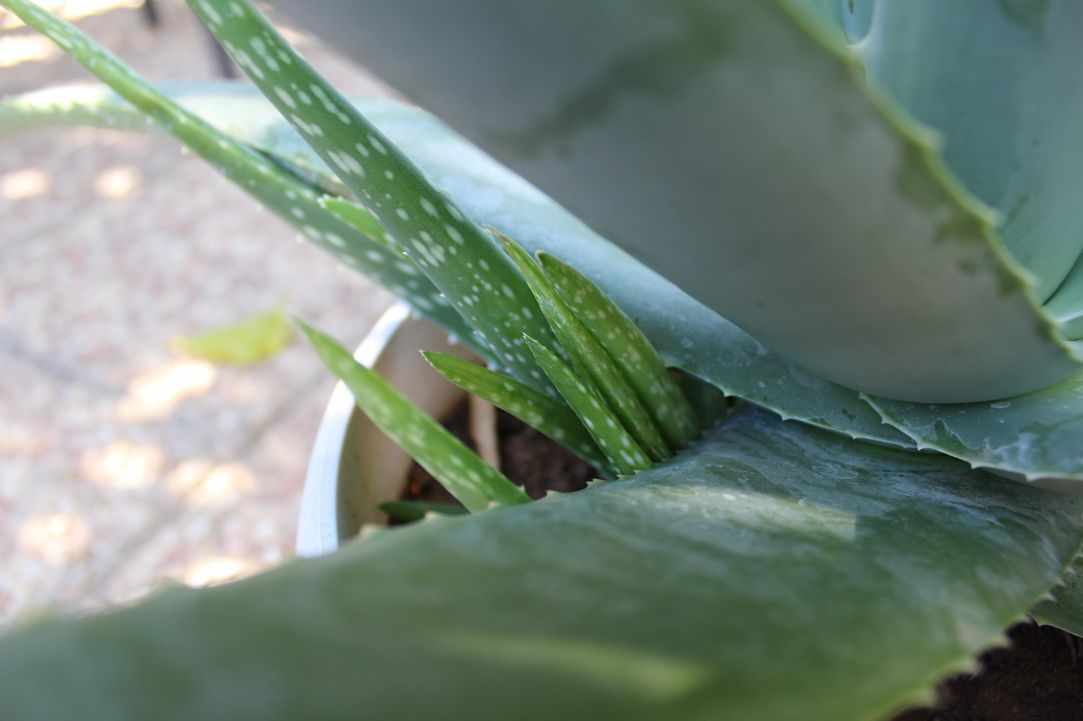
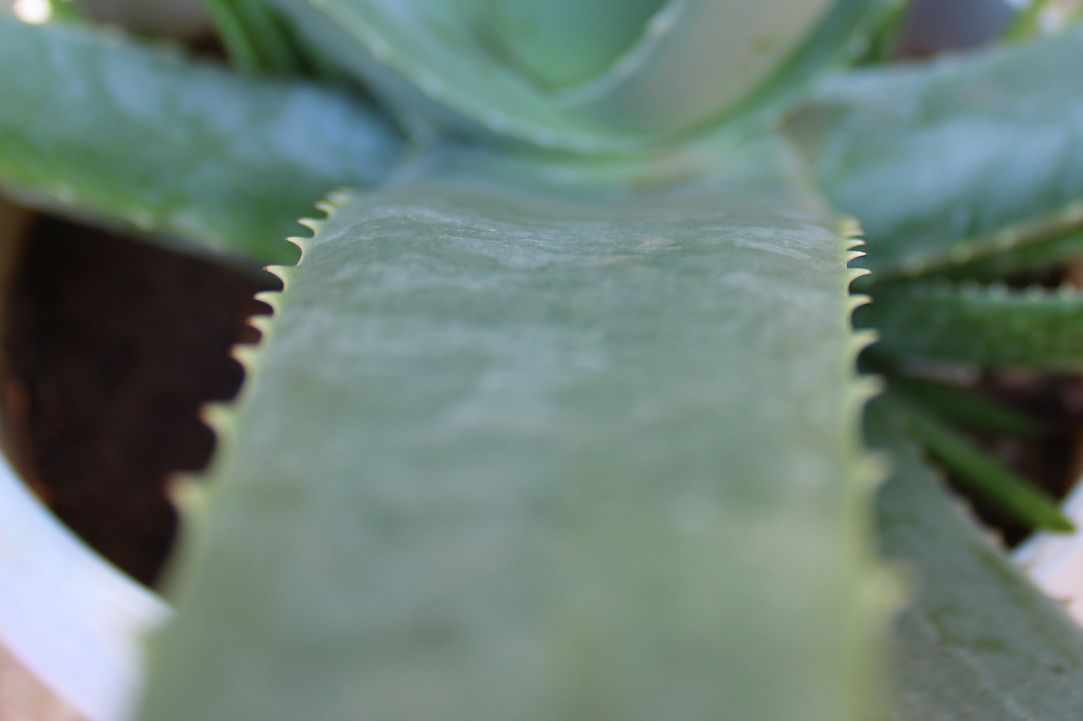
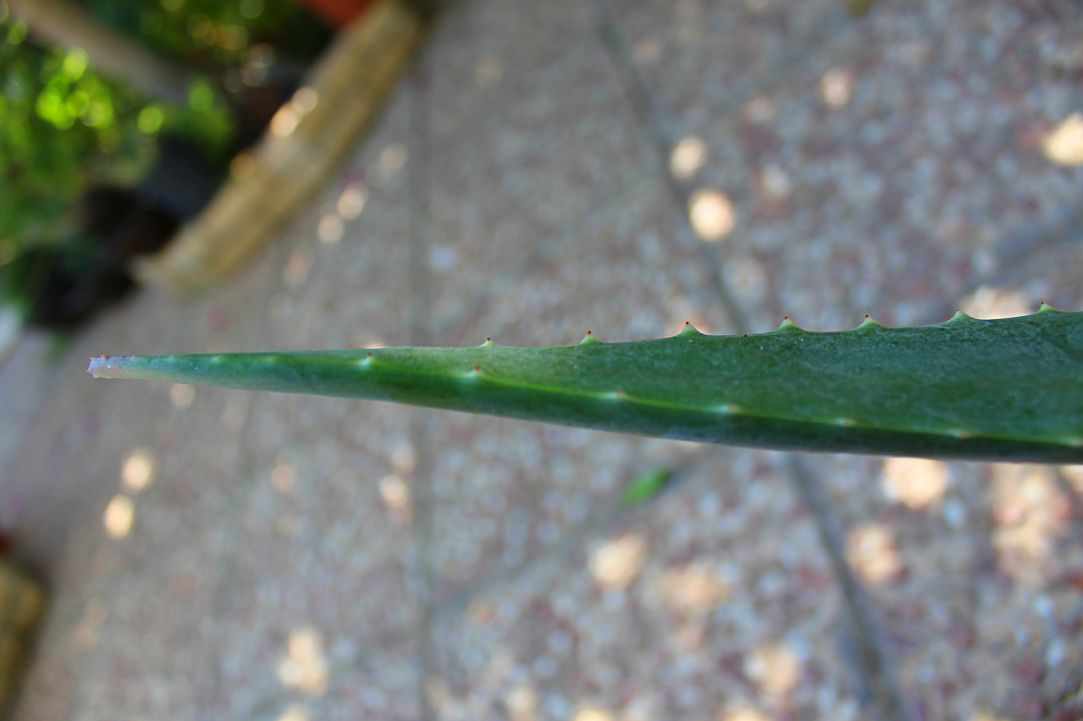
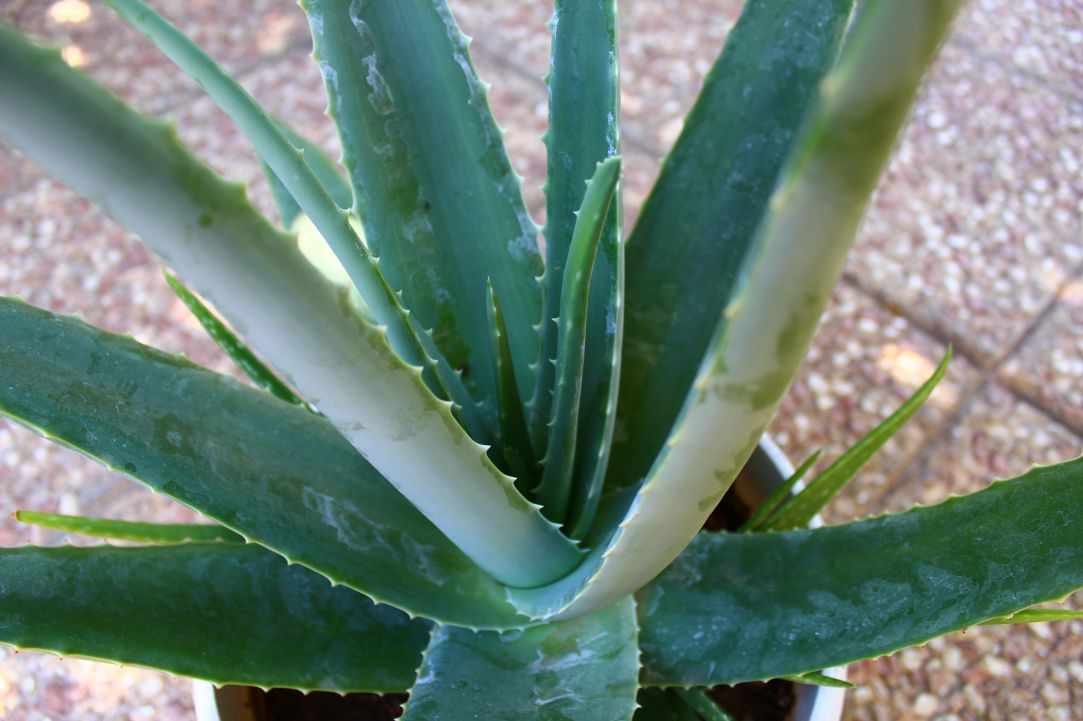
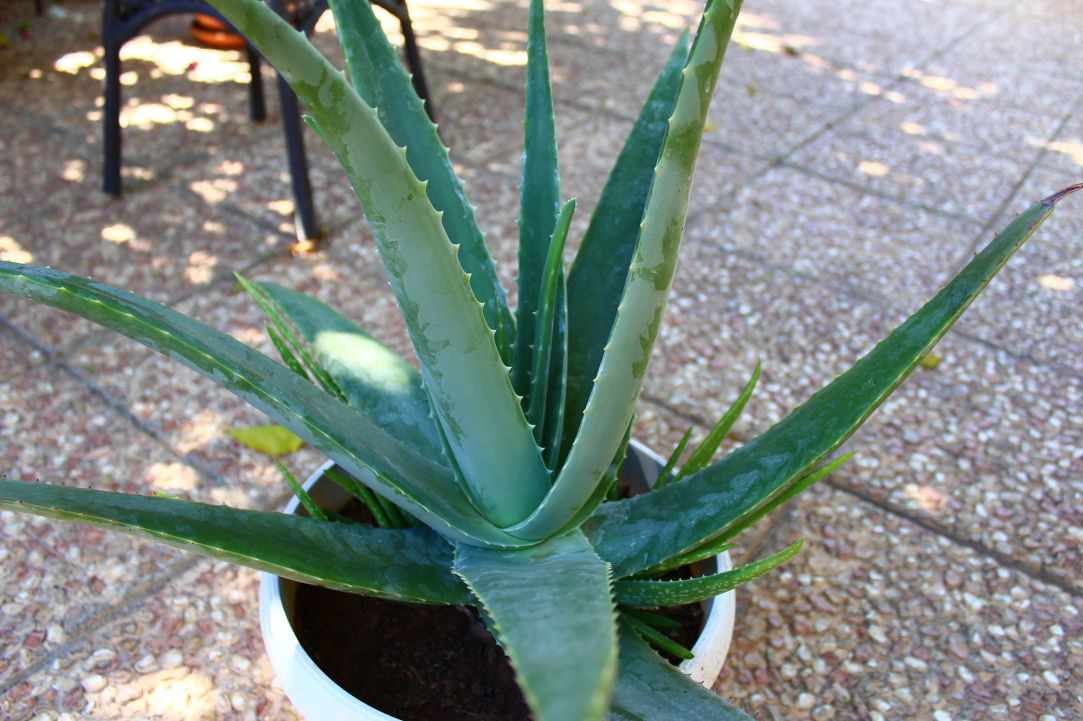
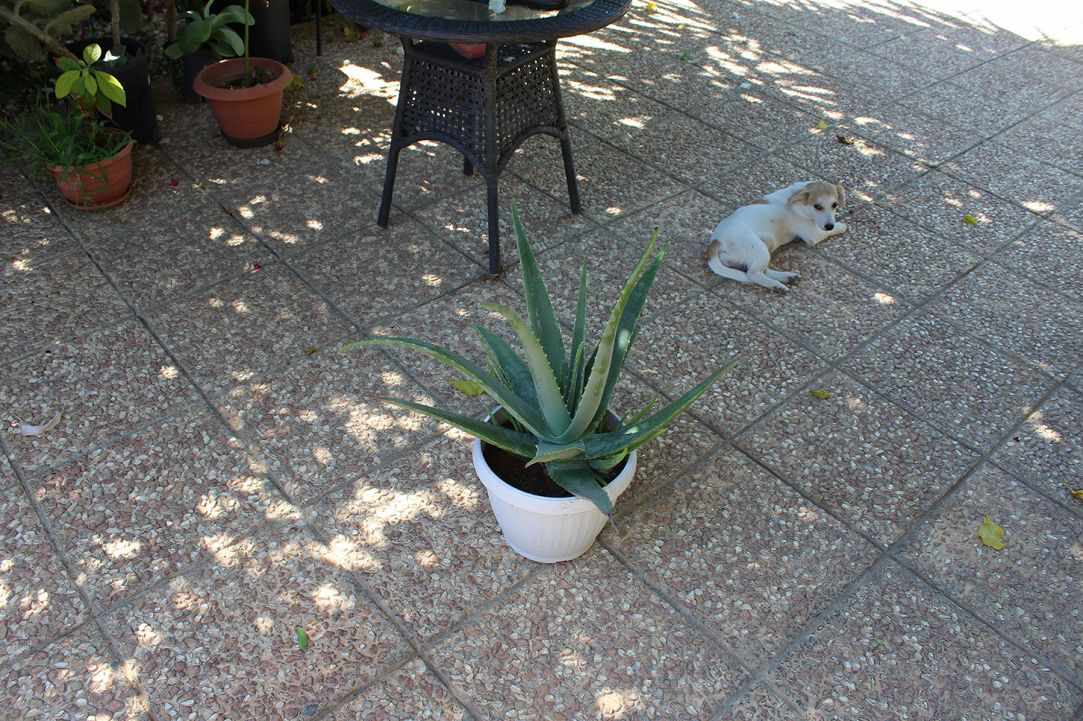
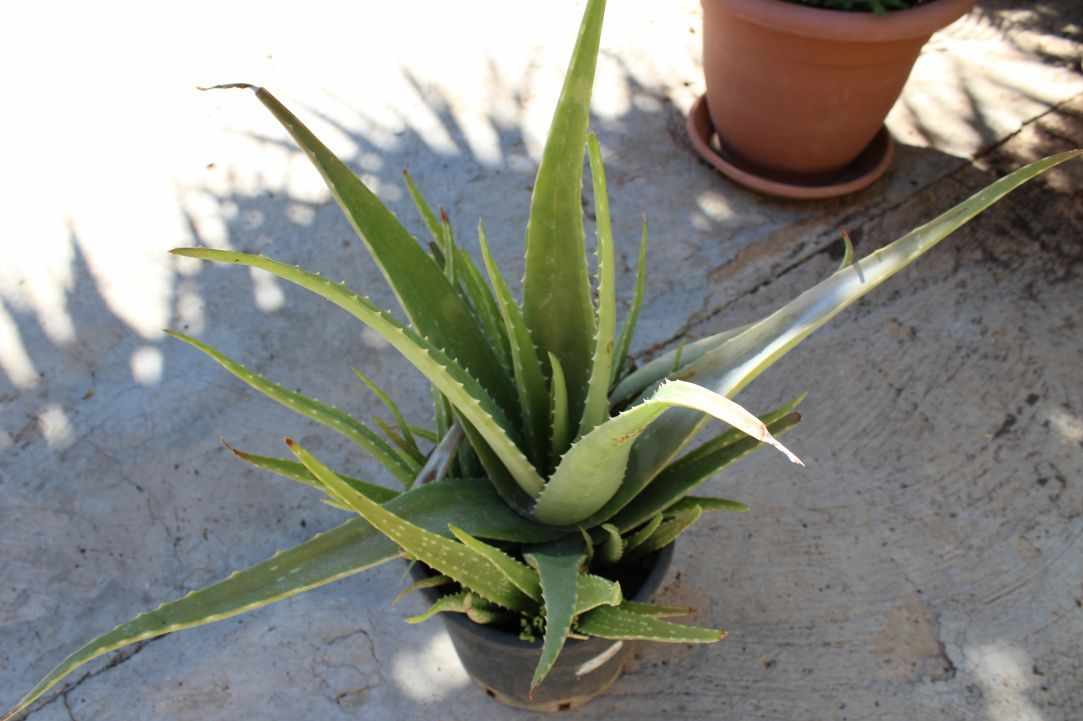
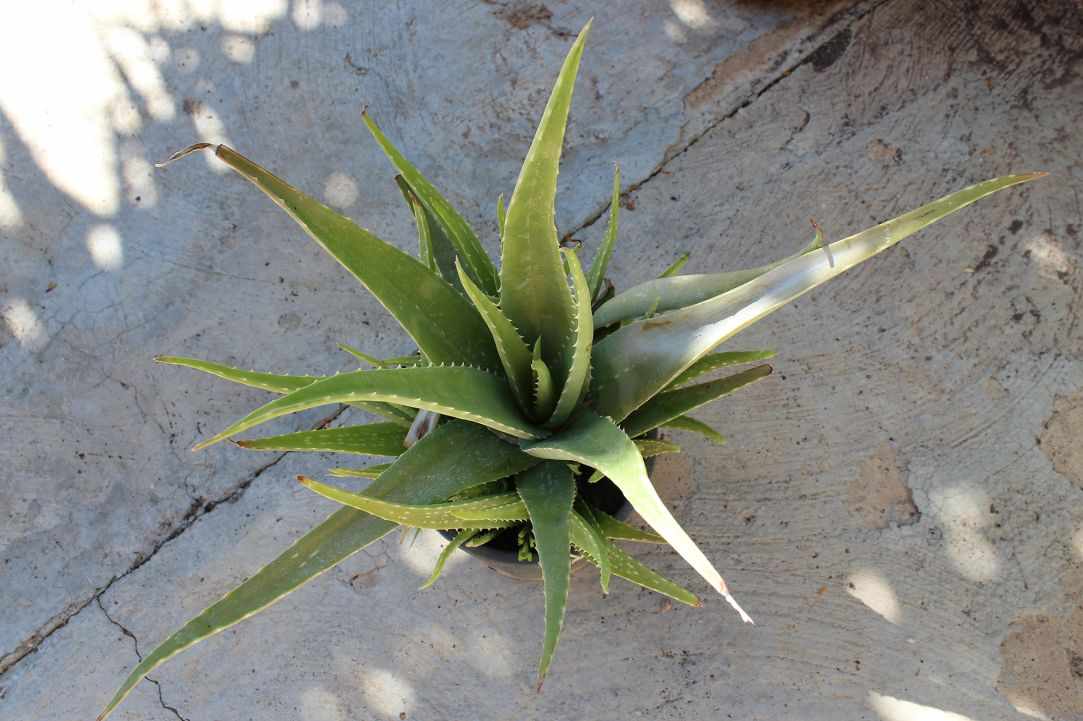
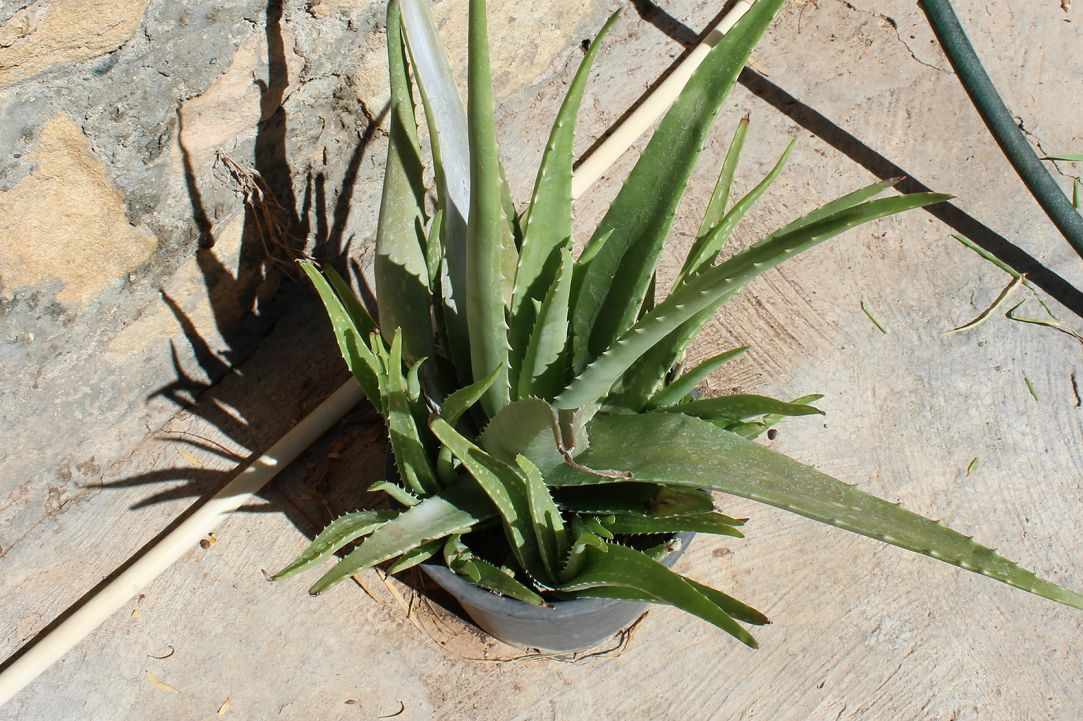

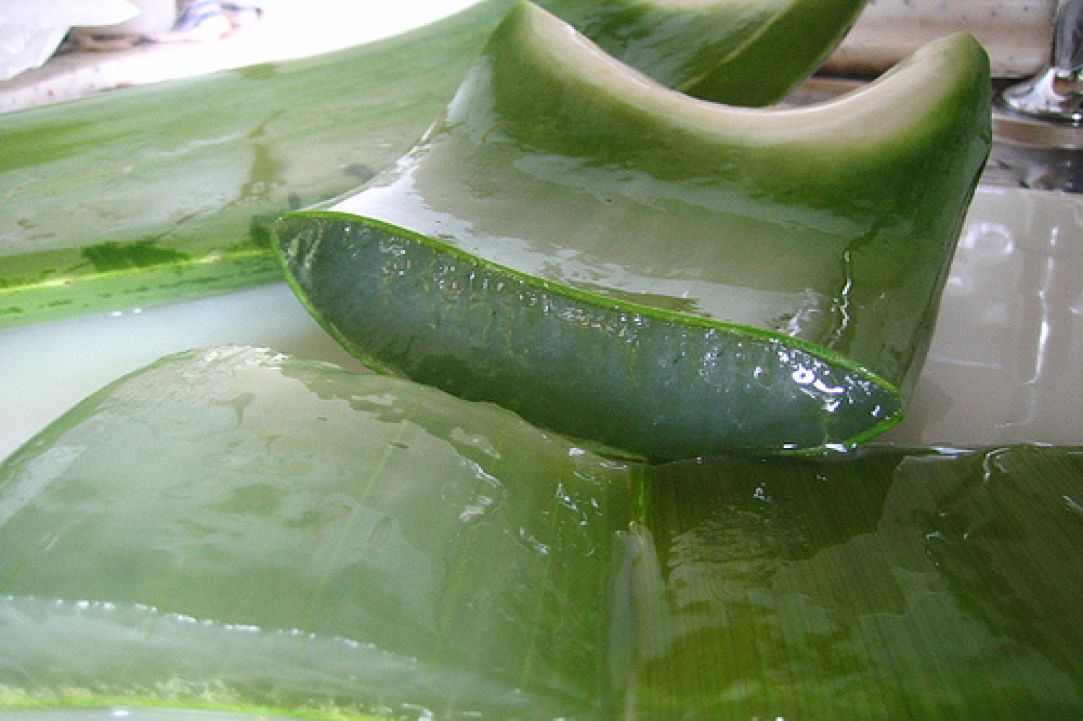
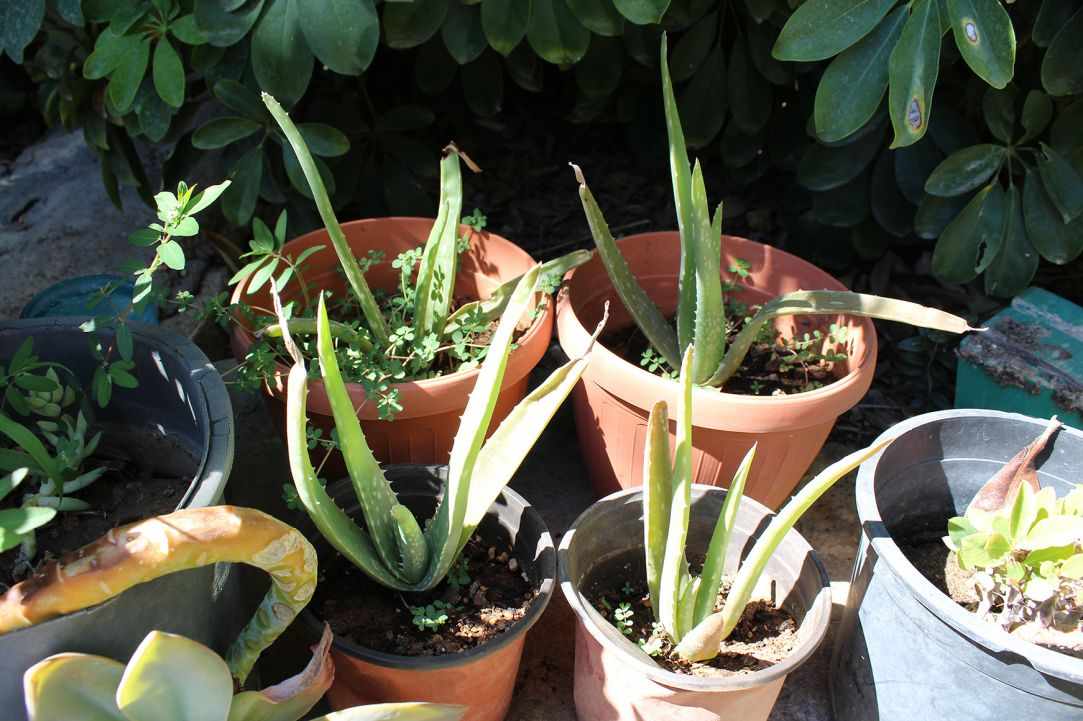
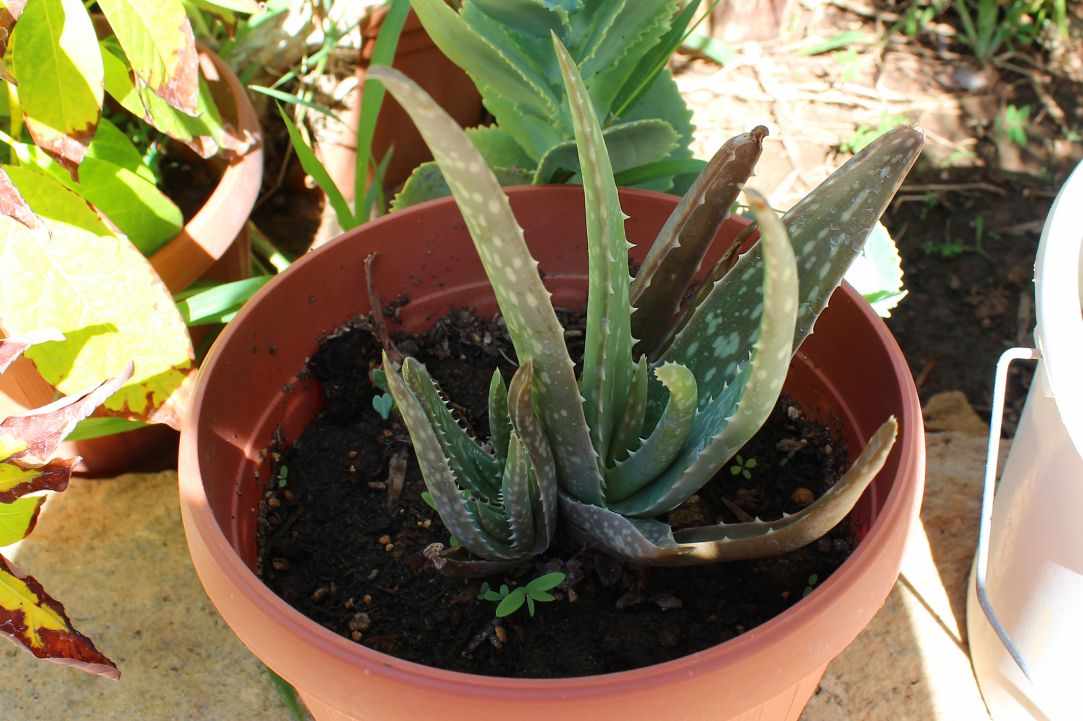
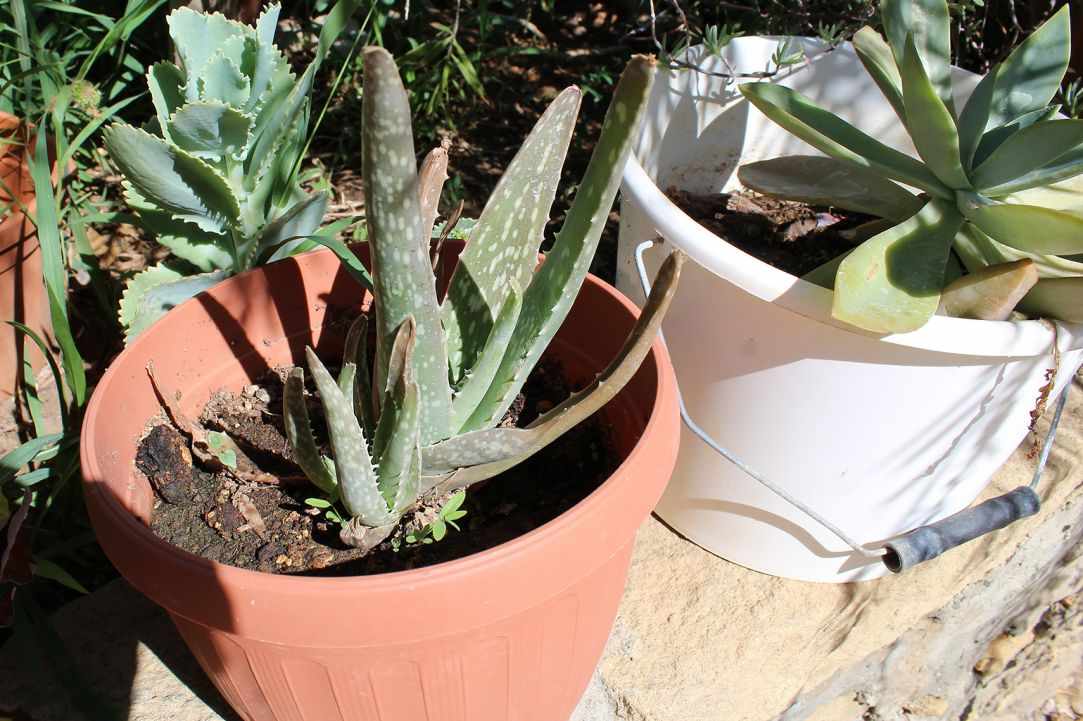
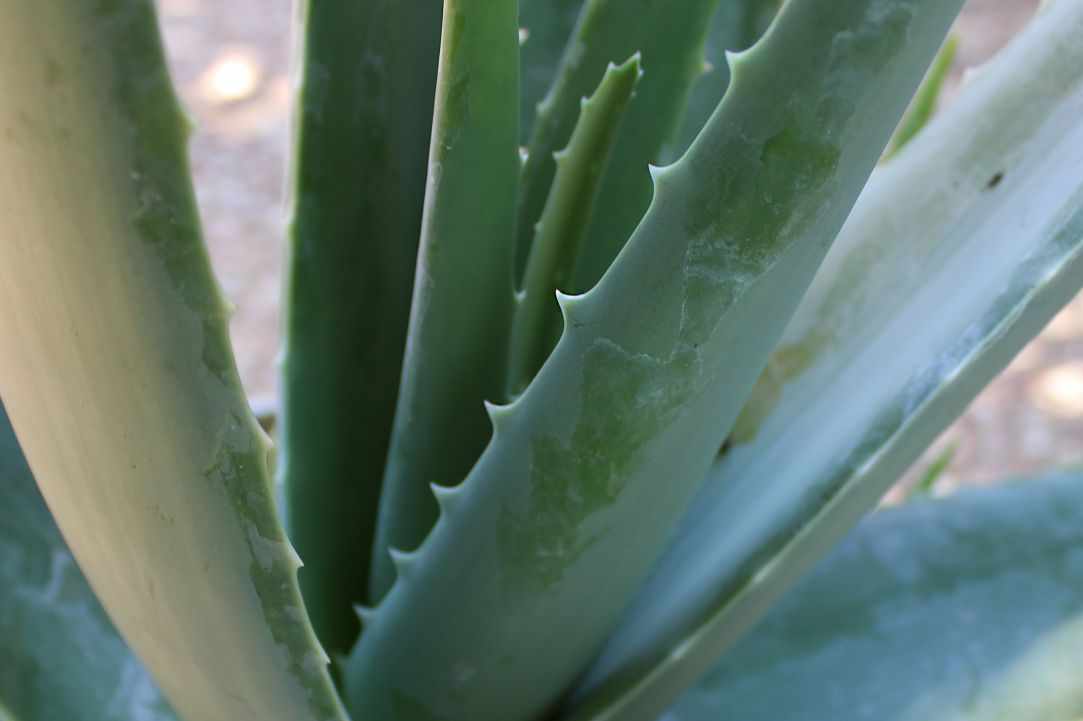
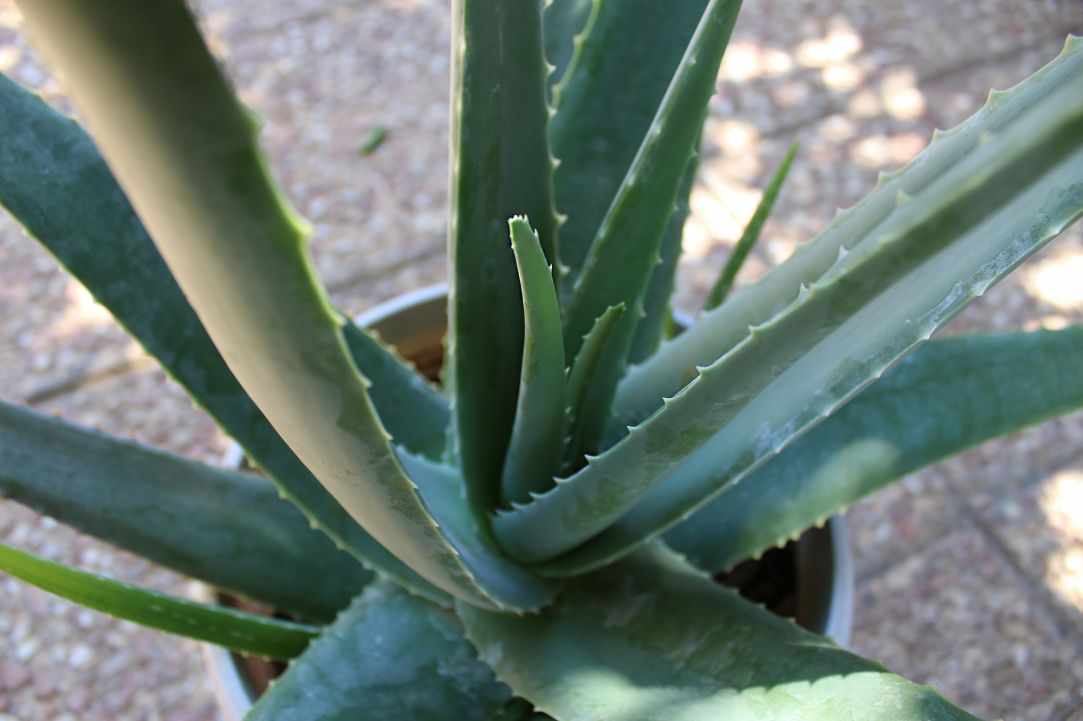
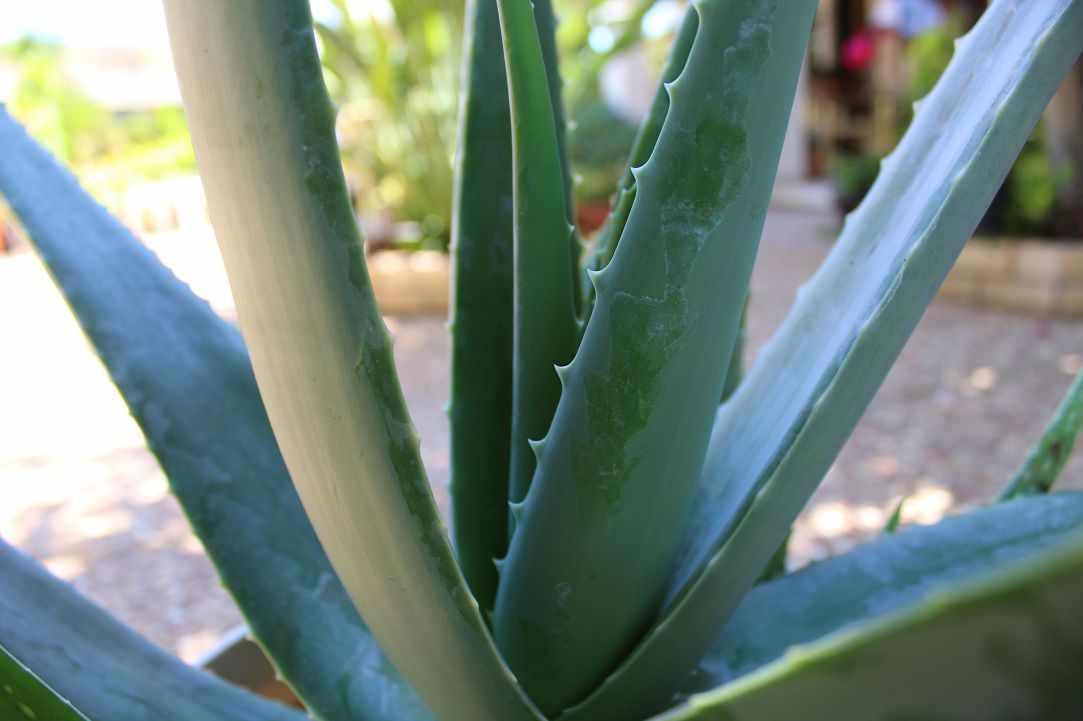
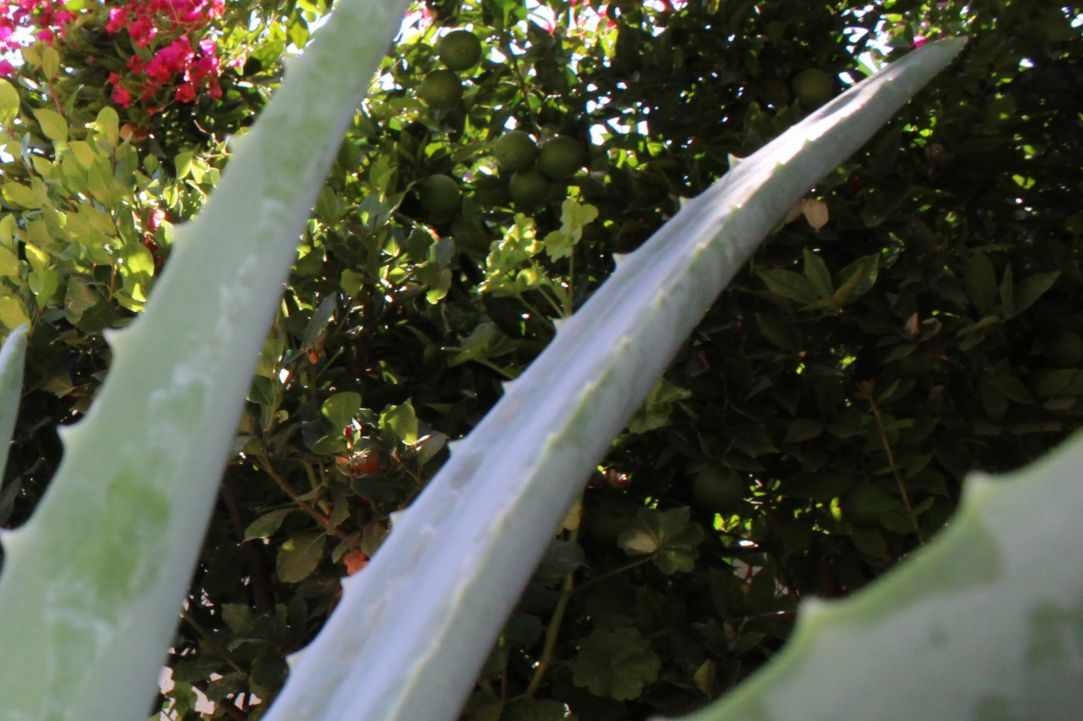
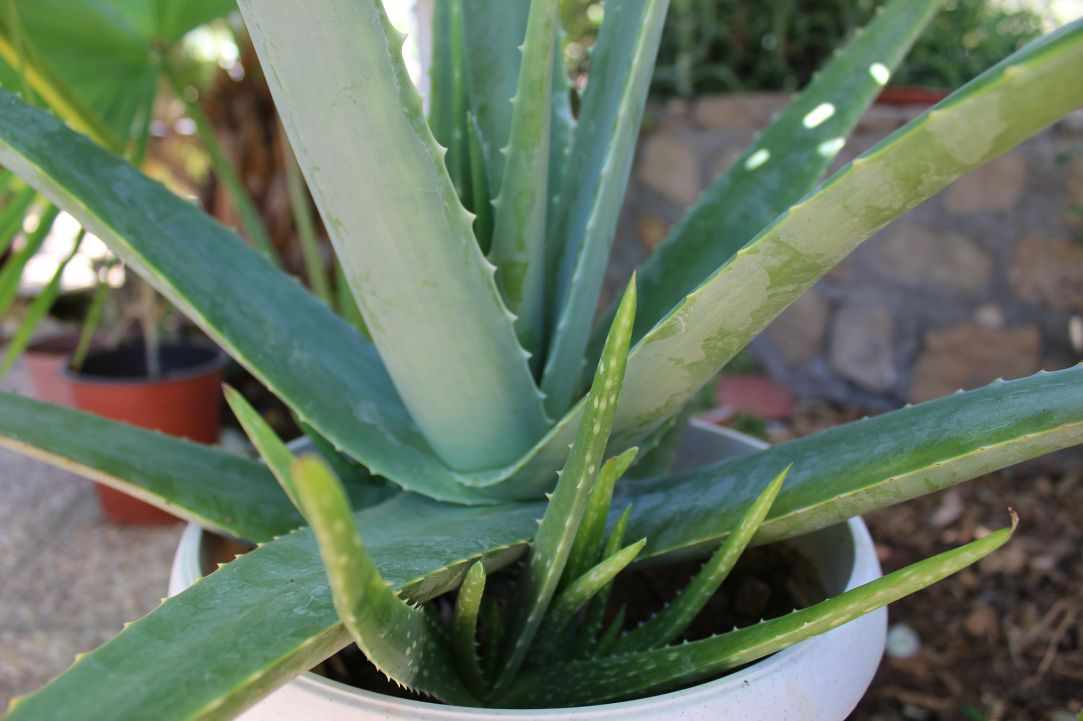
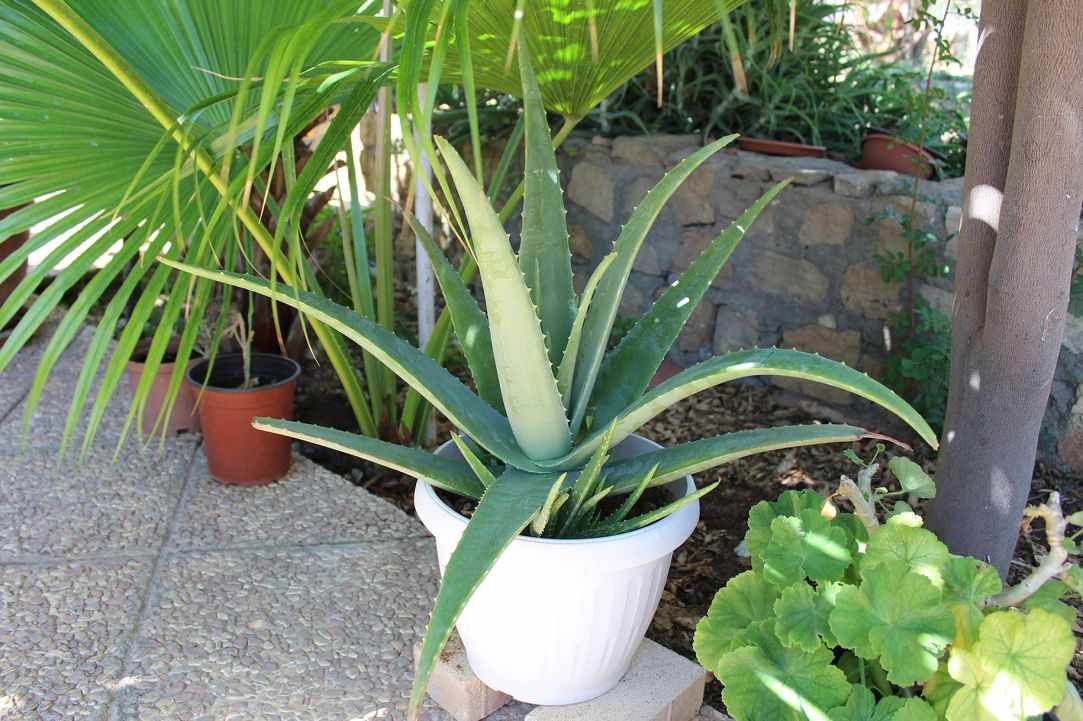

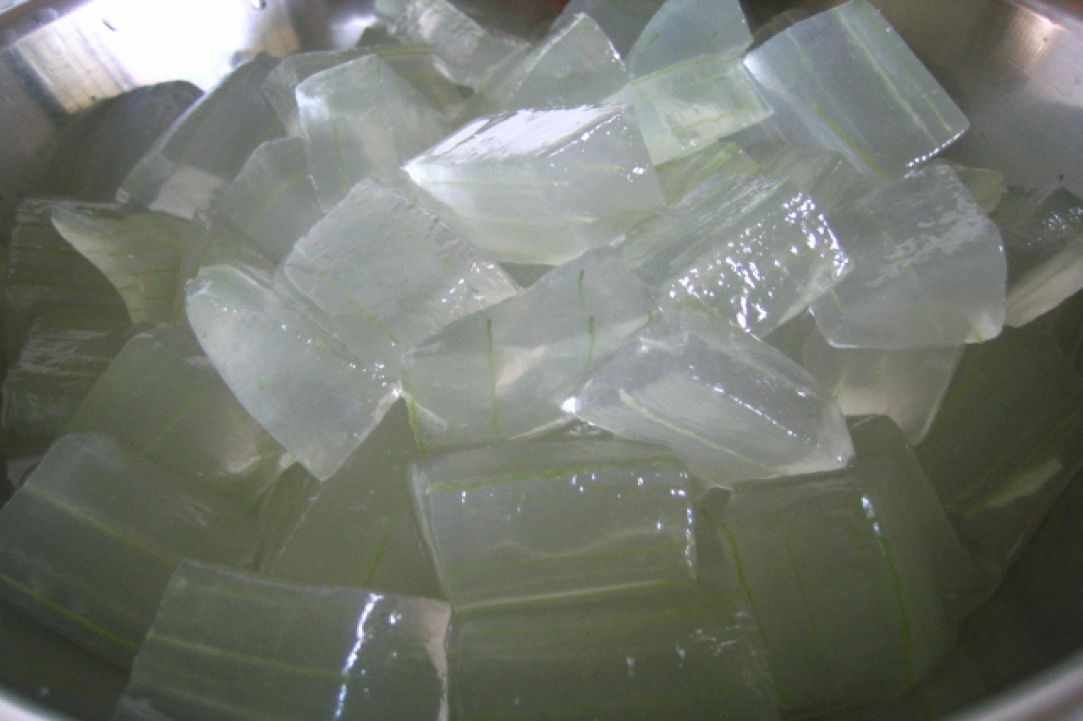
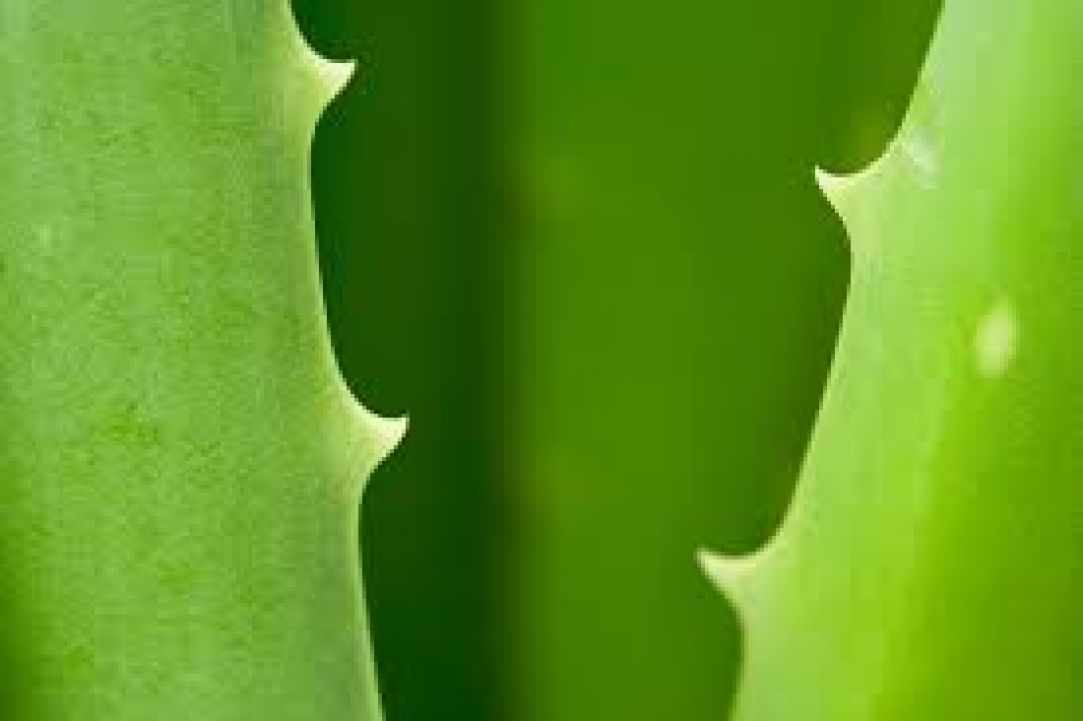
 Posted by
Christina Nicolaou
Posted by
Christina Nicolaou




